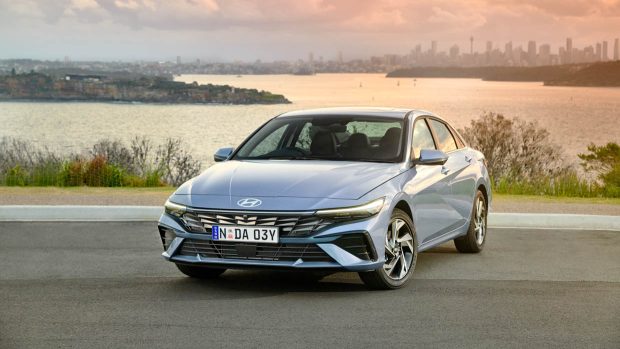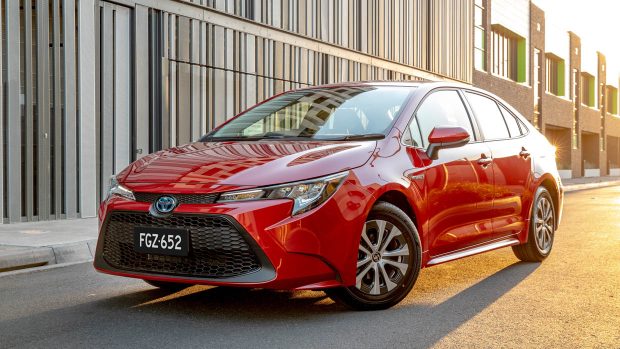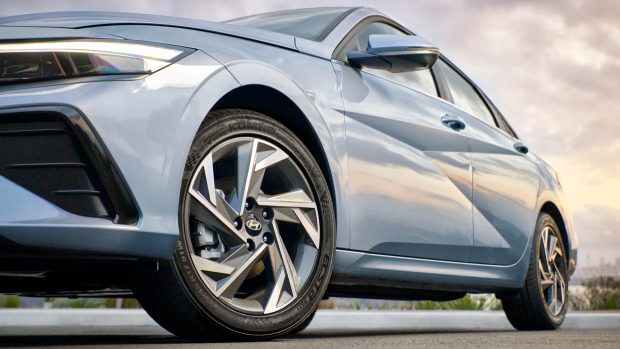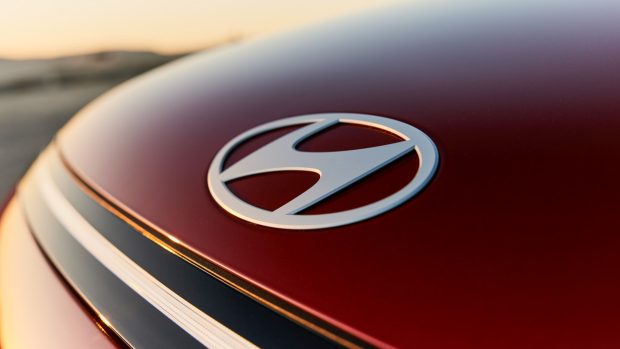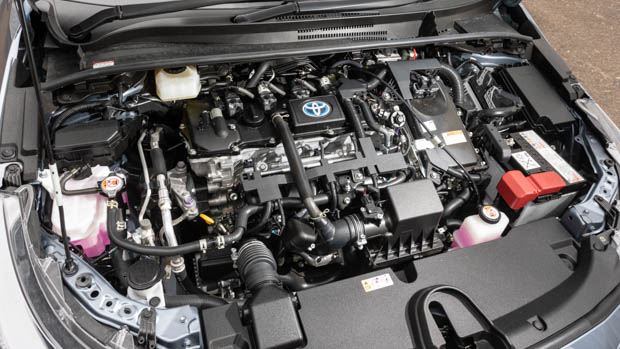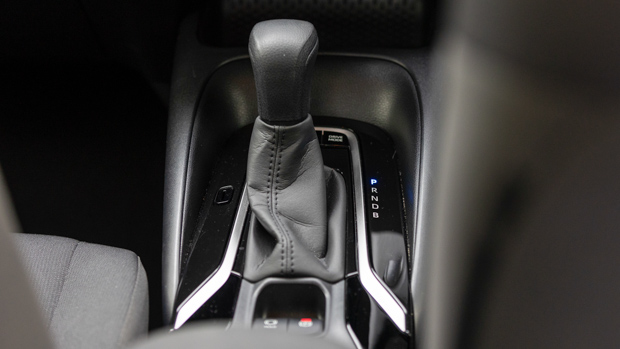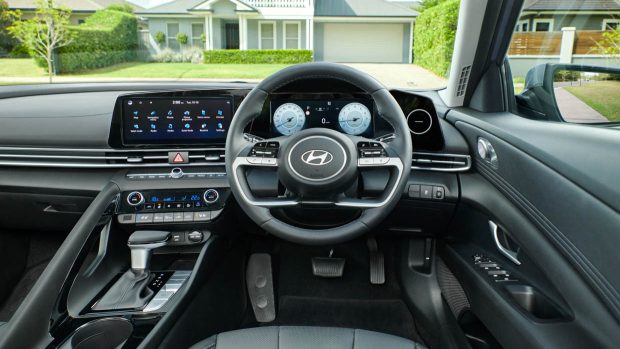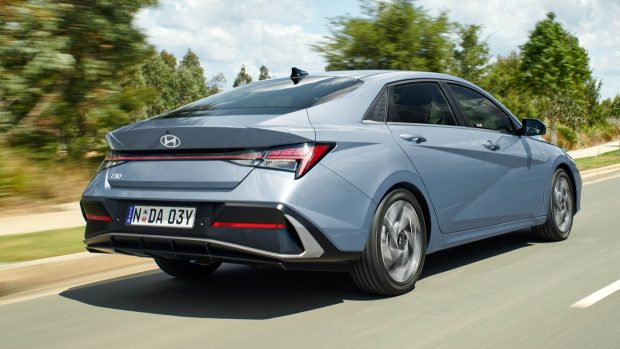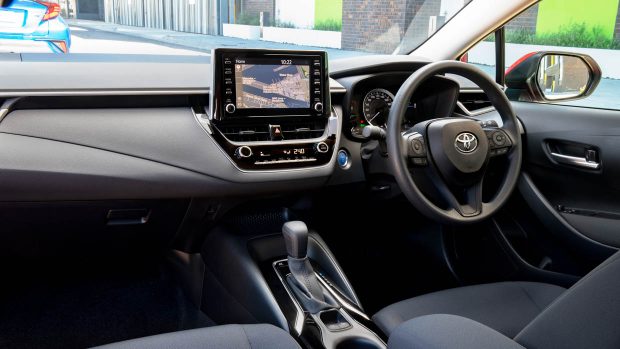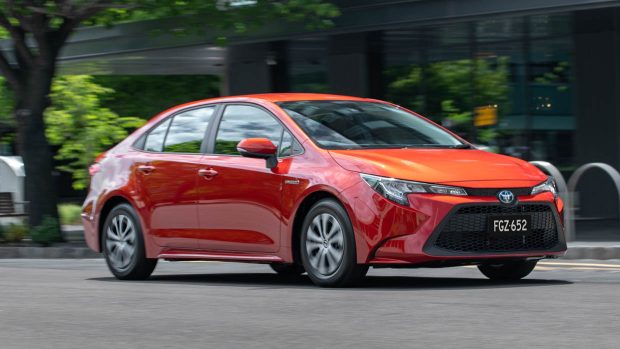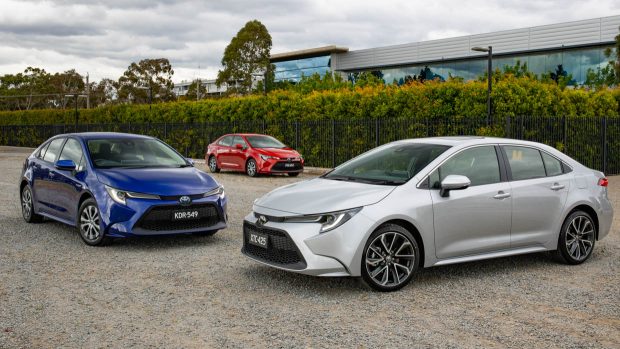-
Car Reviews
- All reviews
- Midsize SUVs
- Small cars
- Utes
- Small SUVs
- Large SUVs
- Large cars
- Sports SUVs
- Sports cars
- Vans
Latest reviews
- Car News
-
Car Comparisons
Latest comparisons
- Chasing Deals
Chasing Cars puts the soon-to-be-released i30 Sedan hybrid against a prominent figure in the hybrid motoring industry, the Toyota Corolla sedan hybrid
Although battery-electric vehicles are the talk of the town at the moment, hybrids and plug-in hybrids continue to be an option Australian buyers continue to move towards.
Hyundai Australia will very shortly release the hybrid version of its popular i30 sedan model, with pricing and specification now confirmed for the sedan variant in the range.
Meanwhile, Toyota continues to offer its venerable Corolla in sedan form with a series-parallel hybrid system.
Our spec battle pits the new Hyundai i30 Sedan Hybrid – its sole variant grade, no hatchback option – with the entry-level Toyota Corolla Ascent Sport Hybrid, which can be had as a five-door hatch.
In 2023, Hyundai sold 20,626 i30s, while Toyota managed to sell a sizable 19,986 Corollas in the same year.
Let’s compare the two hybrids together for the latest Chasing Cars spec battle.
Starting with the Hyundai i30 sedan, it’s available with a hybrid powertrain for the base model only, a variant that has been priced at $33,000 before on-road costs. For reference, it’s a $4000 premium over a 2.0-litre petrol base.
The Toyota Corolla in hybrid sedan guise starts at $32,320 before on-road costs in Ascent Sport guise, however the SX hybrid sedan is more expensive at $34,920 before on-road costs, or $40,260 before on-road costs for the flagship ZR Hybrid.
For reference, It’s a $3050 premium to get into a hybrid Toyota Corolla sedan over a petrol version.
Therefore, both the Hyundai and Toyota hybrid sedans are very similar in terms of upfront purchase price.
Hyundai’s hybrid system consists of a 1.6-litre four-cylinder petrol engine that is mated to an electric motor to power the front wheels exclusively through a six-speed dual-clutch automatic transmission.
The South Korean automaker states that the electric motor can provide up to 32kW/170Nm of assistance when required.
Total system outputs for the Hyundai i30 powertrain are 104kW/147Nm. Regenerative braking is standard. Transmission of choice of a six-speed dual-clutch automatic.
The hybrid also uses a small 1.32kWh battery pack. With this setup, Hyundai claims that the i30 Sedan is capable of a 3.9L/100km combined fuel economy, albeit with 2.8L urban claim.
Meanwhile, in the Toyota Corolla camp, the sedan uses a 1.8-litre four-cylinder petrol engine mated with an electric motor in a series-parallel setup. Combined power and torque outputs are 103kW/142Nm. The Corolla transmission is a CVT.
The Corolla sedan hybrid uses a nickel-metal hydride battery with a capacity of 1.45kWh.
Toyota Australia claims that the Corolla Ascent Sport hybrid has a combined fuel economy figure of 3.9L/100km, which also happens to be the urban consumption figure, too.
Compared back to back, the i30 Sedan hybrid has a 1.1L/100km advantage over the Corolla hybrid in theory around town. However, clearly each brings the same 3.9L/100km combined consumption claim.
Independent testing on real roads could tell a different story. Stay tuned for a future Chasing Cars update with a comparison test on these vehicles.
In contrast to the Toyota Corolla sedan, Hyundai will only offer its i30 Sedan Hybrid as a single base grade, which includes:
The Toyota Corolla Ascent Sport Hybrid sedan, meanwhile, has the following specification:
To compare, both base grades of these hybrid sedans are pretty well specced for the money, however the i30 slightly crawls ahead with its more premium interior, USB-C connectivity and multi-link rear suspension over the Corolla’s cheaper torsion beam setup.
Hyundai’s i30 sedan range for Australia has not yet been tested by the ANCAP safety body (the i30 hatch has been tested), however the model has as standard:
Meanwhile, the Toyota Corolla sedan was tested by ANCAP in 2018 where it received a five-star safety rating.
Standard safety features on the Corolla sedan include:
On paper, the Toyota seems to have the upper hand on standard safety equipment, however the Corolla model does go without tyre pressure monitoring and front and rear parking sensors found on the Hyundai i30 Sedan.
In conclusion, the Hyundai and Toyota hybrid sedans come close to each other with upfront price, both offer efficient claimed fuel economy figures and are both well equipped for the money.
However, the Hyundai steps ahead somewhat with a slightly more powerful hybrid system, a more favorable urban fuel consumption claim, updated exterior styling, USB-C connectivity and a greater focus on premium materials inside the cabin.
Stay tuned for a future review on the Hyundai i30 Sedan Hybrid and the Toyota Corolla Ascent Sport Hybrid sedan.
Latest news
About Chasing cars
Chasing Cars reviews are 100% independent.
Because we are powered by Budget Direct Insurance, we don’t receive advertising or sales revenue from car manufacturers.
We’re truly independent – giving you Australia’s best car reviews.
